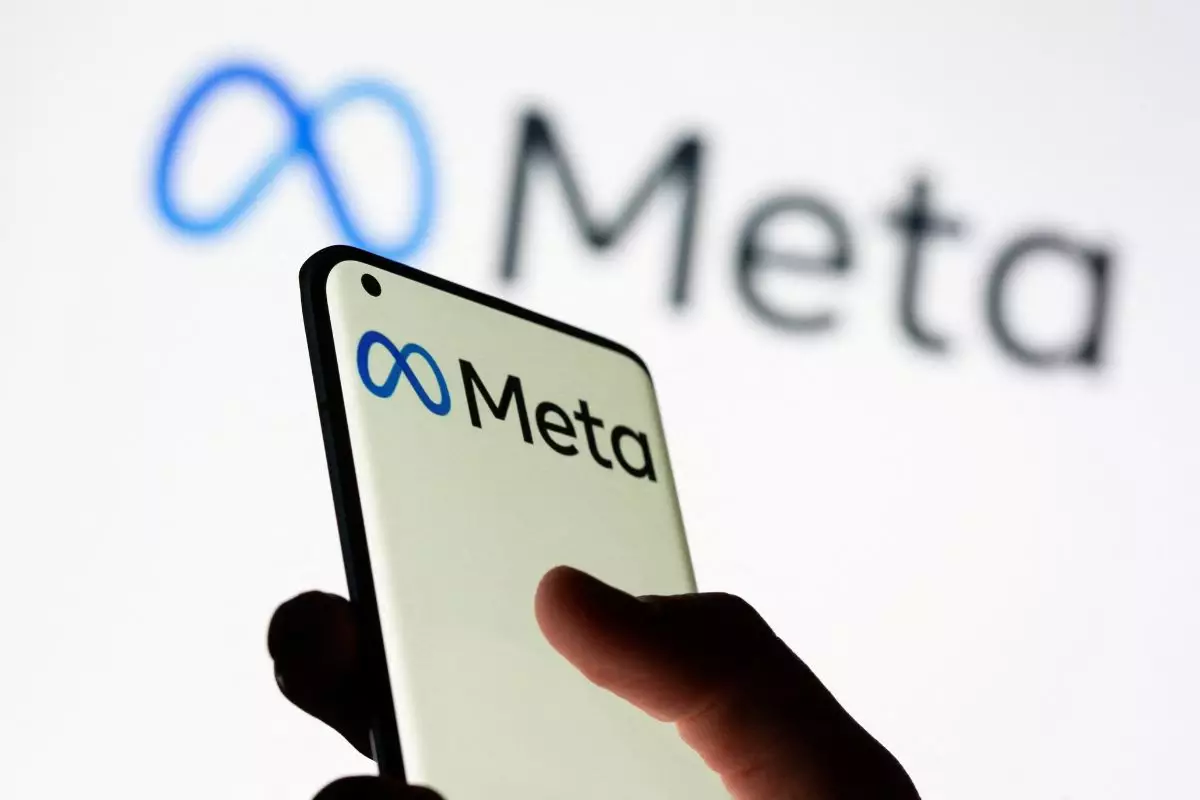In a revelation that ripples through the foundations of the tech world, Mark Zuckerberg, CEO of Meta, contemplated spinning off Instagram during a 2018 strategy meeting, according to insights surfaced during a recent trial. This acknowledgment is a potent glimpse into the complexities of managing a colossal tech enterprise under the looming shadow of escalating antitrust scrutiny. The 2018 memo hinted at an imminent crisis where regulators might demand the decoupling of popular applications like Instagram and WhatsApp, challenging the very essence of Meta’s corporate strategy.
Zuckerberg’s assertion that the potential of separating Instagram was an “extreme step” reveals his acute awareness of the risks associated with consolidation. He articulated concerns that integrating these platforms could fundamentally dilute Facebook’s flagship status, leading to a potential disintegration of the entire “family of apps.” This introspection goes beyond mere strategic foresight; it underscores a keening awareness of the shifting sands of regulatory landscapes in an era where corporate behemoths like Meta find themselves squarely in the crosshairs of policymakers.
Integrating Against All Odds
Despite the reservations, Meta opted to fortify its integrated structure rather than divest its assets. This decision reflects the tension between ambition and caution that often defines corporate maneuvers in tech. Zuckerberg’s reflections—those considerations about a divergent path—illustrate a leader grappling with the unforeseen consequences of aggressive expansion and the decision-making maze that plagues giants of the industry.
The irony here is palpable. Zuckerberg, a titan of the tech sphere, perceived a duality in his strategy; while consolidation could catalyze growth, it also threatened to falter under regulatory scrutiny. In retrospect, his musings regarding a possible breakup of Instagram resurrects discussions about whether modern tech corporations are better off operating as monoliths or breaking into specialized factions that can potentially nurture innovation without invoking regulatory antagonism. His paradoxical stance raises questions about the very nature of corporate synergy—can the comingling of powerful platforms stifle creativity or serve as a catalyst for unparalleled growth?
The Nature of Competition
The Federal Trade Commission’s ongoing pursuit to unwind Meta’s acquisitions highlights the philosophical battle over monopoly and competition in the 21st century. Zuckerberg’s past commentary about Instagram’s prowess serves as an admission that competition within the tech landscape is not just fierce; it is often decisive. With a camera perceived as “better” than Facebook’s in-house developments, Instagram wasn’t merely a competitor but a beacon of innovation that challenged Meta’s own technological capabilities.
In this light, the decision to acquire rather than compete—with statements signaling a “buy or bury” philosophy—positions Meta’s growth narrative in a controversial context. Critics argue that such acquisitions stifle competition, eroding the vibrant ecosystem that spurs technological advancement. The implications of this strategy resonate profoundly, challenging the notion of ethical competitive practices in a marketplace increasingly dominated by a handful of technological giants.
Dynamics of Innovation and Failure
Zuckerberg’s later admission—that numerous attempts at building new applications often failed—paints a broader picture of innovation in the tech industry. Despite having significant resources and talent at its disposal, Meta’s track record of developing successful applications has been marred by disappointments. This stark admission reinforces a critical viewpoint: the challenges of innovation are vast, and the pathway to successful product development is fraught with uncertainties.
The acknowledgment of failure invites a fresh discourse on the dichotomy between acquisition and innovation. Do companies like Meta forgo their responsibility to innovate when they resort to acquiring rival technologies instead? This premise raises a red flag about the sustainability of innovation within an ecosystem dominated by acquisitions, where the drive for growth may overshadow the need for fostering original ideas.
In Tesla’s own realm, Elon Musk embodies a contrasting approach to innovation—deliberate risk-taking coupled with a commitment to in-house breakthroughs. This ethos starkly contrasts with Zuckerberg’s more conservative trajectory; perhaps it serves as a reminder that sustainable innovation requires a delicate balance between external acquisitions and nurturing internal creativity.
Ultimately, the implications of Zuckerberg’s decisions, underscored by FTC scrutiny and public sentiment, ripple through the tech landscape, presenting a vivid tableau of what it means to lead in an industry where the lines between competition, collaboration, and regulation blur continually. As Meta navigates this high-stakes terrain, the lingering question remains: can giants like Zuckerberg redefine their narratives in a world increasingly demanding accountability and ethical stewardship amid technological advancement?


Leave a Reply